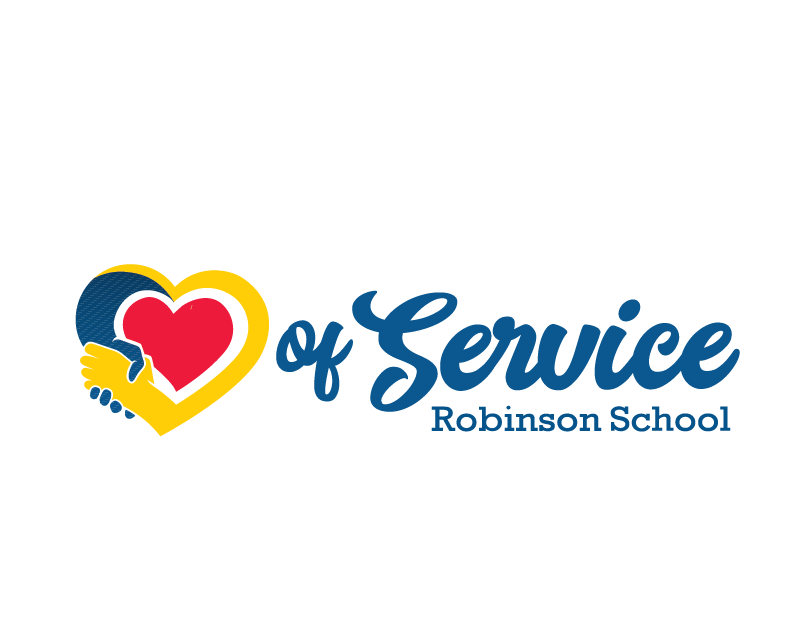
To facilitate student-led investigation, design and implementation of meaningful service-learning actions and experiences that meet an identifiable need and have demonstrable social impact.
To promote reflection on significant experiences throughout the program to inform problem-solving and choices.
To elevate the personal development of students as effective communicators and as principled, caring and open-minded members of the community that embrace a legacy of positive contribution to school, local and world communities.
We encourage our youngest learners and their families to participate in all our service learning initiatives.
PYP Exhibition Project – group-based community action initiatives with culminating Exhibition Showcase.
Students create group-based or individual service-learning initiatives with a school-centric focus. One Spiritual Life class per cycle is dedicated to Service Learning.
Students create group-based or individual service-learning initiatives with a school or local community focus. One Spiritual Life class per cycle is dedicated to Service Learning.
Students create group-based or individual service-learning initiatives with a school, local and/or global community focus. One Spiritual Life class per cycle is dedicated to Service Learning.
Each student’s MYP/PW Personal Project will feature an element of social impact/service-learning. Strongly recommended to include service-learning initiatives that can be continued as part of the 11/12th grade CAS Program. One Spiritual Life class per cycle is dedicated to Service Learning and mentored by PP supervisor.
DP CAS or CP CAS – Individual experiences combining planned/unplanned singular and ongoing experiences across the areas of Creativity, Activity and Service. One Spiritual Life class per cycle is dedicated to Service Learning and mentored by CAS Coordinator, Chaplain or faculty mentor.
DP CAS or CP CAS – Individual experiences combining planned/unplanned singular and ongoing experiences across the areas of Creativity Activity and Service. One Spiritual Life class per cycle is dedicated to Service Learning and mentored by CAS Coordinator, Chaplain or faculty mentor. Each student will prepare a CAS presentation during which they will showcase their CAS experience for peers and community.
Throughout an individual student’s progress through the Spiritual Life/Service-Learning program at Robinson, each student will develop and maintain a portfolio of meaningful service-learning experiences.
While the Department of Education requires a minimum of 40 hours of service to the community as a requirement for graduation, a Robinson student who participates fully in the Service Learning Program each year can expect to far surpass this minimum requirement while leaving a legacy of positive impact on the community and developing personally, ethically and spiritually.
Service can take many forms. Usually the ” service ” in service learning can be
classified as direct service, indirect service, advocacy, or research.
Students' service directly affects and involves the recipients. The interactions are person-to-person and face -to-face, such as tutoring young children or working with refugees. Students engaged in direct service learn about caring for others who are different in age or experience, develop problem- solving skills by following a sequence from beginning to end, and see "the big picture" of a social justice issue. Interacting with animals is also included in direct service, as is on-site environmental work, such as beach clean-up, or constructing park benches.
With indirect activities students do not see the recipients, however, their actions benefit the community or environment as a whole. Examples can include stocking a food pantry, donating picture books to a preschool literacy program, collecting clothing for families living in a shelter, or creating a news letter for a retirement community. Students engaging in indirect service learn about cooperation, working as a team, taking on different roles, organizing and prioritizing.
The intent of advocacy is to create awareness of or promote action on an issue of public interest. Central to the word is voc, which is Latin for voice. Through advocacy students provide a voice for an issue, particularly when members of a population may not be able to speak for themselves. Related activities include writing letters, sponsoring a town meeting, performing a play, public speaking. Student advocates learn about perseverance and understanding rules, systems and processes. They also experience civic engagement and working with adults.
Research activities involve students finding, gathering, and reporting on information in the public interest. For example, students may develop surveys or conduct formal studies, evaluations, experiments, or interviews. They may test water or soil, check the speed of cars passing by their school, or conduct environmental surveys. By participating in research- based service learning, students learn how to gather information, make discriminating judgement, and work systematically. This leads to enhanced skills in organization, assessment and evaluation.

Students in Grades 7-12 maintain a service learning portfolio and resume through the MobileServe App.
